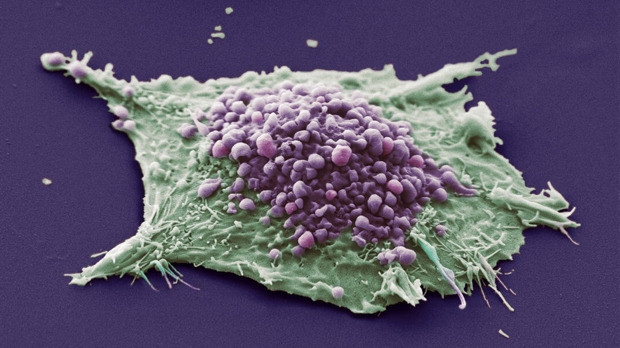Lung Cancer Can Stay Hidden for as Long as 20 Years, Says Study

Lung cancers can lie dormant for almost 20 years before turning aggressive and difficult to treat, says a study published in Science highlighting the need for early detection methods.
Two-thirds of patients are diagnosed at an advanced stage where treatments usually are of no use.
The study also highlighted the role of smoking which triggers most of the early genetic faults leading to lung cancer.
In later stages mutations within the tumour are controlled by a protein called Apobec.
"Survival from lung cancer remains devastatingly low with many new targeted treatments making a limited impact on the disease. By understanding how it develops we've opened up the disease's evolutionary rule book in the hope that we can start to predict its next steps," says lead author Professor Charles Swanton from Cancer Research UK.
The team studied lung cancers from seven patients – including smokers, ex-smokers and never smokers.
They found that after the initial genetic changes the cancer lies undetected for many years until new genetic faults in different parts of the tumour trigger rapid growth of the tumour.
The study showed that every part of the tumour is genetically unique. The large variety of genetic errors found within a tumour explains why treatments targeting particular sections have had limited success.
A new drug from Astra Zeneca has claimed to successfully shrink tumours by over 50% in those treated.
But as highlighted in the present study, most treatments target the genetic fault identified by the biopsy allowing other regions of the tumour to progress. By detecting the cancer when it is still early and following one genetic track would make treatment more effective.
Regarding smoking, David Cameron has promised to outlaw smoking in cars carrying children as soon as possible, raising speculation and fears of an outright ban on smoking in public and private places.
Most nations have effected a ban on smoking in public places.
© Copyright IBTimes 2025. All rights reserved.





















